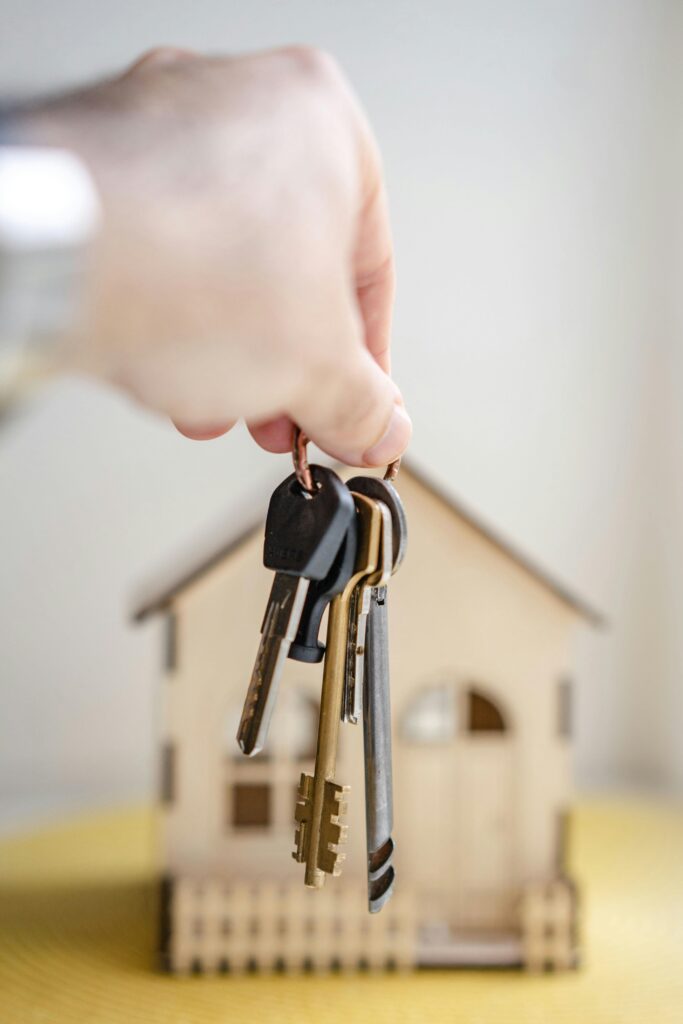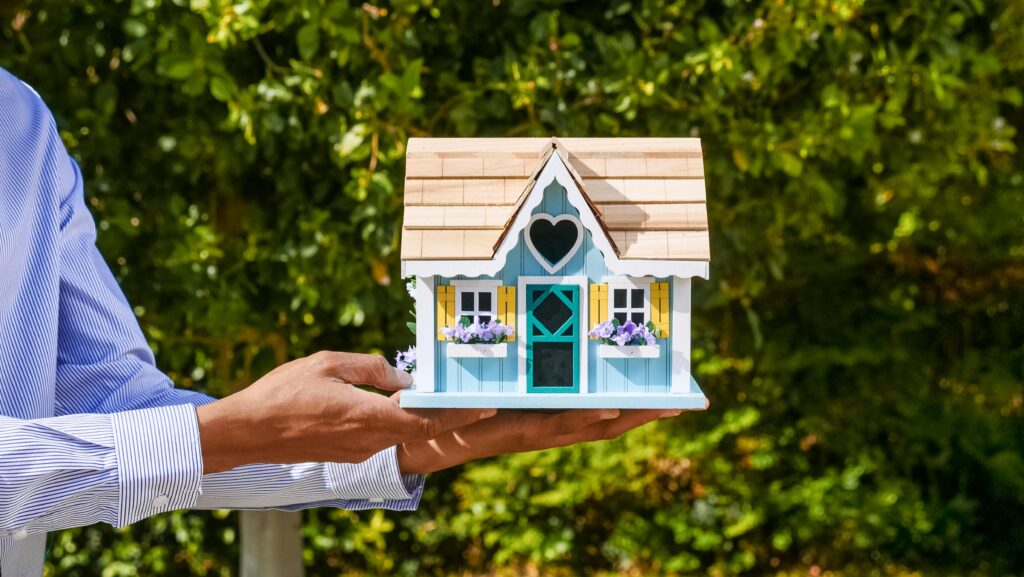
“Image created with AI”
Halal Mortgage | Islamic Mortgage
Discover how Halal Mortgage | Islamic Mortgage and Islamic finance operates, important distinctions from conventional loans, top Sharia-compliant lenders, and professional advice for Muslim purchasers. With this full guidance, avoid riba—interest!
Halal Mortgage Guide: Sharia-Compliant Home Financing Clearly Explained
Purchasing a house with a standard mortgage often causes Muslims questions regarding riba, or interest, which is forbidden in Islam. Fortunately, halal mortgages—sharia-compliant house financing—offer a solution.
This guide will address:






You will know at the end how to acquire a house without sacrificing Islamic values.

“Image created with AI”
1. Definition of a Halal Mortgage is:
A halal mortgage—also known as an Islamic mortgage—allows Muslims to buy real estate without paying or receiving interest (riba), therefore satisfying their Sharia requirements. Rather, it runs under cost-plus models approved by Islamic academics, leasing, or profit-sharing.
Important Islamic Mortgage Principles:
No Riba, or interest; forbidden in Islam (Quran 2:275–279).
Financing Based on Assets:
The loan has to be connected to a real asset. Lender and borrower shares profit/loss in risk-sharing.
Ethical Investments: None of haram industries—alcohol, gambling, etc.
2. How Does a Halal Mortgage Operatively Work?
Islamic mortgages apply different frameworks than traditional loans:
A. Murabaha—Cost-Plus Financing
The bank purchases the real estate and markets it to you at a higher fixed price paid in installments.
No interest; agreed upon profit margin is upfront.
B. Ijara ( leasing-to–own )
The house is purchased by the bank then leased to you.
Every payment covers ownership in some degree.
Like rent-to–own except in line with Sharia.
C. Reducing Musharaka (Co-Ownership)
The house is owned by you and the bank together.
You purchase the bank’s share bit by bit until complete ownership.

“Image created with AI”
3. Conventional Against Halal Mortgage
FocusHalal mortgage Conventional Mortgage Interest (Riba)

Propertyeither immediate or slow transferLenders own till they are fully repaid.
risk DistributionBank shares run danger.The borrower is entirely at risk.
Approval System Sharia board evaluationRegular credit check
Being
Flexiblefixed profit rate Different interest rates


“Image created with AI”
4. Leading Sharia-Compliant Mortgage Providers
A: UK
Al Rayan Bank (Home Purchase Plans),
Gatehouse Bank (Ijara & Diminishing Musharaka),
B. USA
Guidance Residential (Declining Balance Co-Ownership)
UIF (University Islamic Financial) C. Canada
Mansil Bank (Murabaha & Ijara) Ansar Cooperative Housing
5. Typical misunderstandings on halal mortgages
“Islamic mortgages are just interest under a different name.”
Reality: Unlike compound interest, the profit rate is set up front.
“Halal mortgages are more expensive.”




“Image created with AI”
6. Advice for Selecting the Best Halal Mortgage




In Essence, is a halal mortgage fit for you?
Should avoidance of riba top importance, a mortgage compliance with Sharia is the best choice. Although expenses might vary, Muslim purchasers find the ethical and religious advantages well worth it.
Conclusion:
For Muslim homebuyers, a halal mortgage offers a Sharia-compliant path to homeownership free from riba (interest) and consistent with Islamic principles. Though the structures—such as Murabaha, Ijara, or Diminishing Musharaka—may vary from conventional loans—the ethical and financial benefits make them a compelling replacement.
For Muslim homebuyers, a halal mortgage offers a Sharia-compliant path to homeownership free from riba (interest) and consistent with Islamic principles. Though the forms—such as Murabaha, Ijara, or Diminishing Musharaka—may differ from conventional loans—the ethical and financial benefits make them a compelling replacement.
FAQs
Answer: Yes, however instead of interest banks charge a profit rate or rental fee (Ijara).
Can I convert a conventional mortgage into a halal one?
Are Islamic mortgages offered anywhere?
In essence, is a halal mortgage fit for you?
General Disclaimer
“Some images on this blog are AI-generated. They are used for creative purposes and do not represent real photographs.”
Disclaimer
Last updated: 2 May 2025
The content provided in this article is for informational and educational purposes only. It does not constitute financial, legal, or religious advice.
-
Accuracy & Updates:
-
While efforts are made to ensure accuracy, Islamic finance principles and mortgage products may evolve. Details about lenders, rates, or structures (e.g., Murabaha, Ijara) are subject to change. Verify terms directly with providers.
-
-
Sharia Compliance:
-
Interpretations of Sharia law and approval of financial models may vary among scholars or institutions. Consult a qualified Islamic scholar or Sharia board for personalized guidance.
-
-
Third-Party Providers:
-
Mention of banks, lenders, or organizations (e.g., Al Rayan Bank, Guidance Residential) is not an endorsement. Conduct independent research before engaging with any service.
-
-
Regional Differences:
-
Availability of Islamic mortgages, legal frameworks, and pricing structures differ by country. Seek local experts for region-specific advice.
-
-
AI-Generated Imagery:
-
All visuals labeled “Image created with AI” are artistic interpretations and do not represent real entities, properties, or endorsements.
-
-
Liability:
-
The author and publisher are not liable for financial, legal, or religious outcomes arising from the use of this information.
-
Always consult a certified financial advisor, Islamic scholar, or legal professional before making significant financial decisions.
